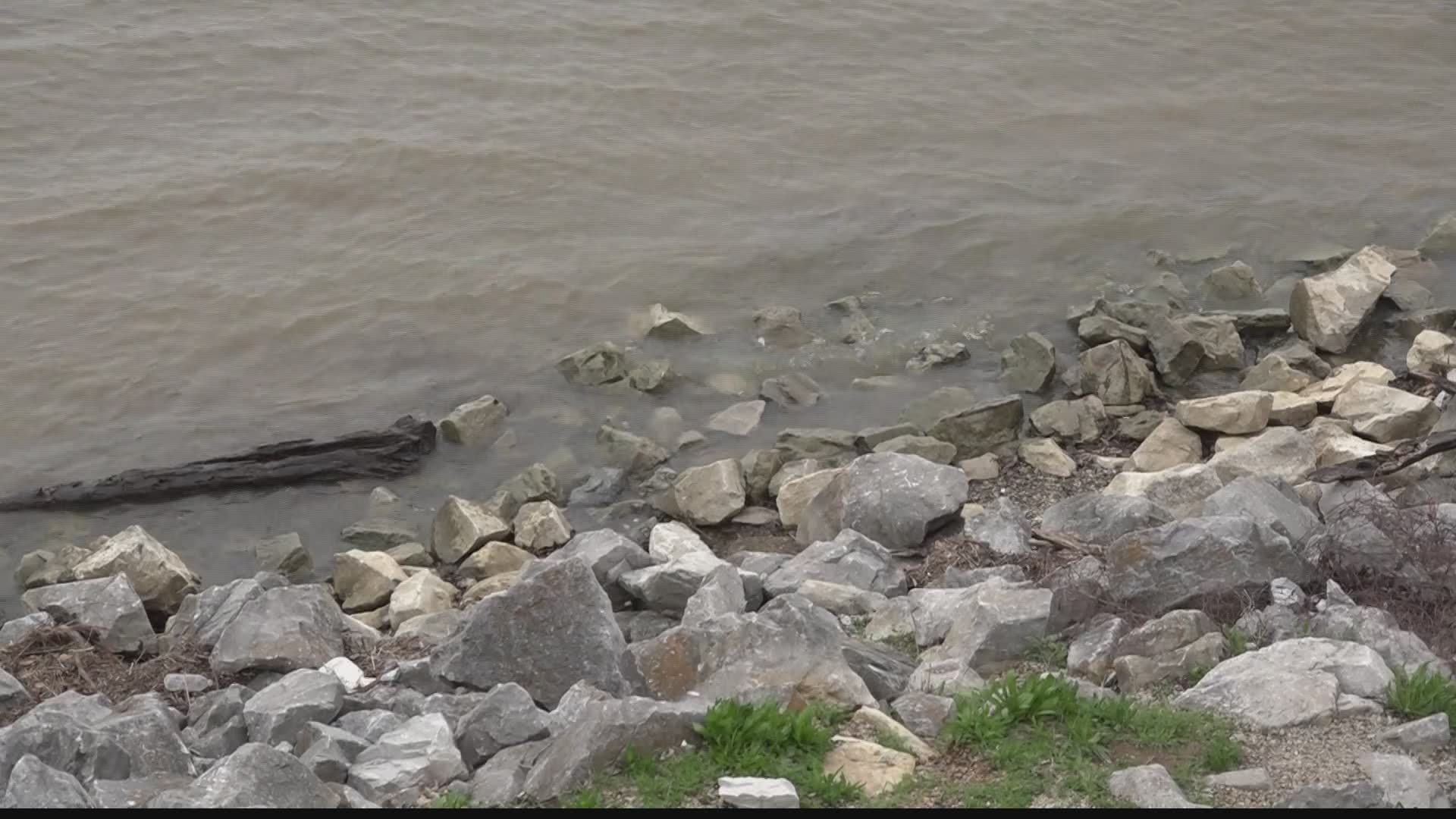DECATUR, Ala. — Decatur Utilities has agreed to pay fines in a legal settlement for sewage pollution in the Tennessee River.
On March 29, 2019, Tennessee Riverkeeper sent a notice of intent to sue Decatur Utilities for the sewage pollution.
A couple of months later, Alabama's attorney general and the Alabama Department of Environmental Managemen brought a lawsuit to state court for the same sewage overflow violations.
This week, the lawsuit was settled.
Tennessee Riverkeeper says this is a victory for them and the environment.
"Most everyone knows that sewage is gross, we learned that in elementary school. It's a pollutant, it's a common pollutant but for some reason, the problems are worse in Decatur and they've persisted for decades. So, Riverkeeper filed our legal action to get this sewage cleaned up. Not only is it disgusting, but it's a threat to public health, it can make humans and animals sick, it can make our pets sick and it's just something we don't want in our streets, and our creeks and our river," said David Whiteside, founder of Tennessee Riverkeeper.
Riverkeeper says Decatur is one of the most polluted cities along the Tennessee River and that this settlement will go a long way in cleaning up "the River City."
Now that this is settled, Decatur Utilities (DU), must take action to solve this pollution issue.
From Tennessee Riverkeeper press release about what's next:
Under the provisions of the settlement agreement, DU must assess the capacities of its WWTP and conduct system-wide sanitary sewer evaluation studies. It must prepare an engineering report that addresses the need for changes in maintenance and operating procedures, the potential for infiltration and inflow, the need for modification of existing treatment and collection system works, and the need for new or additional treatment and collection system works as necessary to achieve compliance with applicable rules and regulations and Permit conditions. The Engineering Report shall include a Compliance Plan, a plan for continued maintenance and assessment of the collection system to minimize future inflow and infiltration, address the maximum wet-weather capacity of the Facility and the feasibility for treatment/storage units for use during storm events. The Engineering Report must include a plan to assess the capacity of the treatment and collection system prior to any significant expansion (1.5 million gallons per day (MGD)).
DU is also required to prepare and submit various reports and certifications to ADEM with copies to Riverkeeper, including the engineering report, and Riverkeeper may submit comments on any of these required reports and certifications which ADEM must consider.
The engineering report must be submitted 270 days after entry of the settlement agreement. DU must complete infiltration and inflow rehabilitation, repairs, and upgrades to the sewer collection system and lift stations as necessary to minimize and mitigate SSOs no later than 1,825 days after entry of this Settlement Agreement. DU must certify its compliance with the settlement agreement no later than 1,825 days after entry of this Settlement Agreement. DU must comply with all requirements of its permit upon entry of the settlement agreement.

